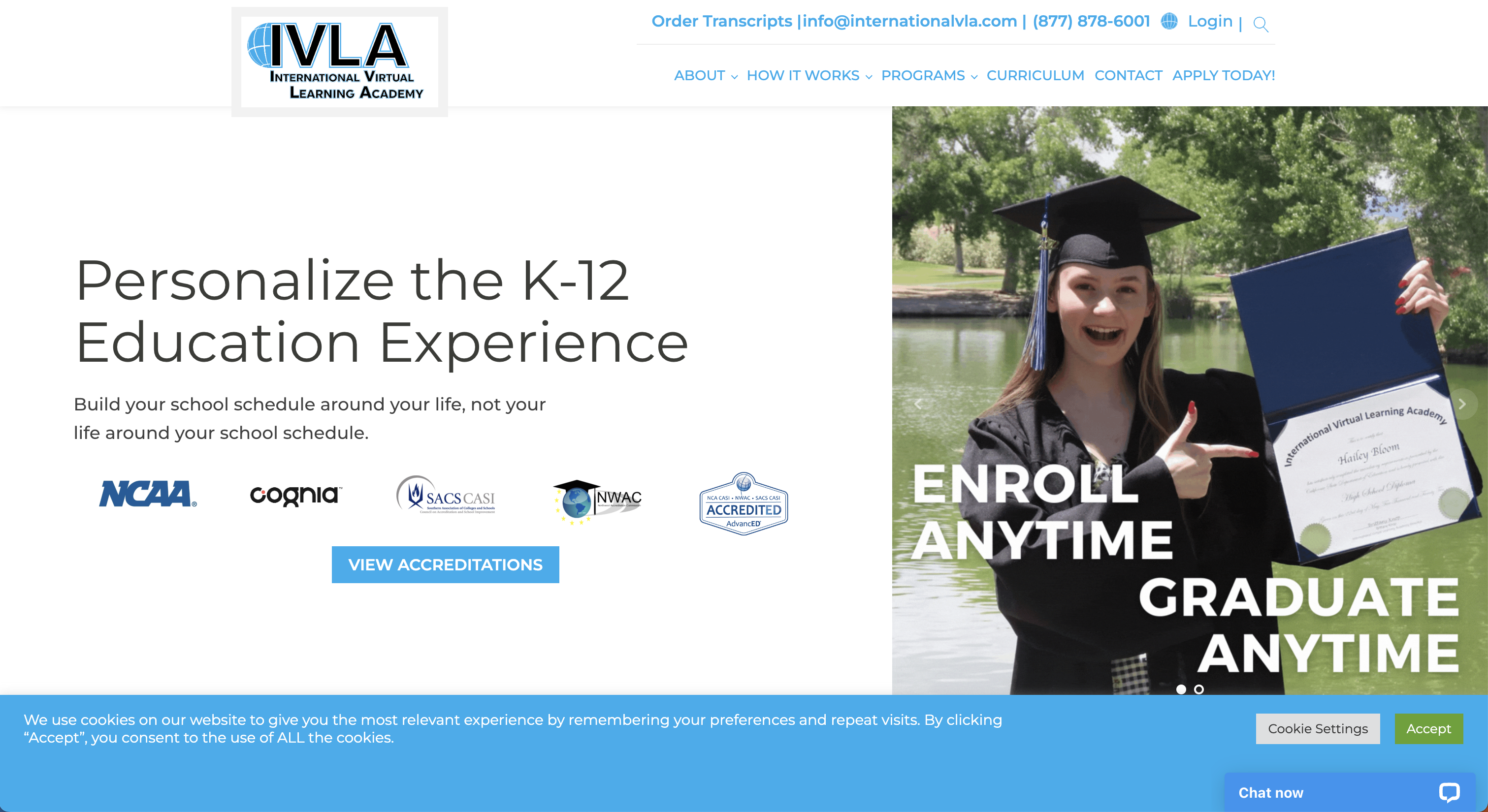Where to Begin


Many parents are concerned about where to begin homeschooling. The Home School Facts team hopes that you will use these pages to assist you in bringing clarity to this task.
IS HOMESCHOOLING LEGAL IN THE U.S.?
The United States Supreme Court has never ruled specifically on homeschooling, but in 1972 it did rule that Amish parents could keep their children out of public schools for religious reasons. The Court also ruled that parents have the basic right to “establish a home and bring up children” along with the right to “worship God according to the dictates of [their] own conscience.” The combination of these rights is why, In the United States, the Supreme Court considers homeschooling to be a fundamental right under the Court’s concept of liberty. While this precedent does seem to favor educational choice, that choice is conditional on states setting standards specific to homeschooling.
Although homeschooling is legal in all U.S. states, it is still a subject of legal debate. Fortunately, the debate is not about the right to homeschool children, but about the amount of state regulation that should be applied to the process. Some states require no notice that a family intends to homeschool their child or children. Others require
In some states, homeschooling regulations are moderate or heavy and other states have few or no regulations at all. Some states allow parents to formally withdraw their children from school and begin educating them at home while other states’ parents are required to report regularly, show proof of actual progress, and/or keep certain state-specified records, such as attendance, subjects being taught, who the teacher is whether he/she is a certified teacher, etc.
The bottom line is that, while every state has
FIVE EASY STEPS TO START HOMESCHOOLING NOW
Check out the Laws...
Check out the homeschooling laws for your state and create a plan for complying with all applicable regulations.
Check with your state...
Check with your state’s homeschooling association to find out what steps you must take to remove your child from public school.
Establish your budget...
Assess your style...
Assess your child’s learning style and your teaching style. If you know what you have to work with and which instructional style will work best for your family, you’ll be more able to successfully select all the resources you will need. There are many curriculum formats from which to choose. Knowing your child’s needs will make it easier for you to select the curriculum most appropriate for his/her homeschooling experience.
Locate the resources...
Six Things to Think About When Considering Homeschooling
Time Commitment, Teaching Experience and Personal Sacrifice
In any educational experience, a student has a better chance of success when their parents take part in the process. In most states, you don’t have to be a trained teacher to manage your child’s homeschool and/or online learning program, but you must be prepared to be completely dedicated to the effort and accept that the experience will include a lot of hard work and time on your part.
Scheduling
Whether you will homeschool your child year-round or maintain a nine-month schedule similar to public schools in your area, you’ll have to decide which classes you want your child to complete and what kind of daily instructional schedule will work for both of you. It is important to establish a homeschooling schedule and stick with it. Consistency is one of the keys to homeschooling success.
Financial Considerations
While homeschooling costs are fairly reasonable, it is important that the teaching parent does not work out of the home. If your family is accustomed to two incomes, some sacrifices will need to be made in order to function on just one income.
Socialization Issues
Not everyone who homeschools their children takes the time to plan extra-curricular activities or involve their children in the community. The level of socialization homeschool students enjoy is entirely dependent on how the adult(s) in charge of the experience coordinate and manage opportunities for outside activities.
Family Agreement
It goes without saying that both parents should be in total agreement that homeschooling is the most rational and acceptable way to educate their children. It is also helpful if the student happily embraces the idea of schooling at home. If your child does not want to be homeschooled, your experience will likely be more difficult.
Have Fun and Be Confident
Don’t be intimidated by the rigors and adjustments of homeschooling. Homeschooling can be a rewarding journey. If you “do your homework,” prepare adequately, remain consistent and focus on enjoying yourself, you and your child will have a successful homeschool experience.
Homeschool and School at Home Resources

Global Student Network
Global Student Network’s mission is to offer the highest quality online curriculum available to homeschooling families. GSN offers a wide range of online curriculum options. We have over 2000 course offerings including Honors, AP®, World Languages, and Career and Technical Education courses.

International Virtual Learning Academy
IVLA is an accredited online private school that allows students to choose their own educational path while meeting the expectation of a larger future. IVLA provides experiences beyond the traditional classroom; allowing students the freedom to meet their personal goals.

Equip Christian Academy
Equip Christian Academy is an accredited, online private Christian school serving students in grades K-12. Equip is devoted to providing each student an outstanding faith-based education. We are dedicated to supporting families that want their children to have an exceptional, accredited, academic experience from home.